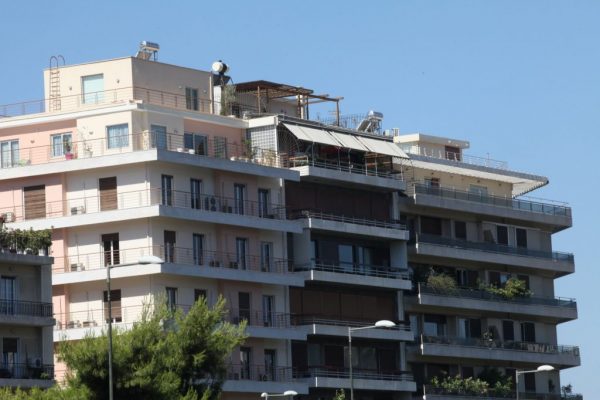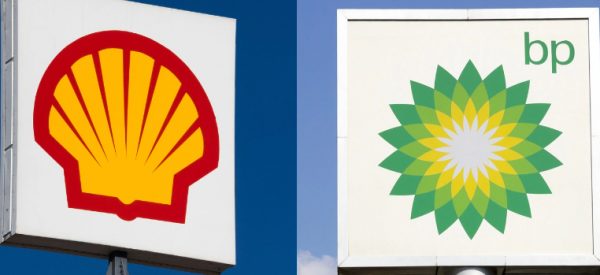
A massive investment scheme – at least on paper – announced by Greece-based telecoms and media provider Nova, one billed at two billion euros, remains “missing”, with the latter company apparently burdened by insurmountable financial problems.
Indicatively, Nova secured funding of 100 million euros just 10 months ago via the EU’s Recovery and Resilience Facility (RRF) in order to install fiber optic lines for fast internet. Until today, however, nothing has been done.
It was back in September 2022 when representatives of United Greece, Nova’s primary shareholder, presented Greek Prime Minister Kyriakos Mitsotakis with a two-billion-euro investment plan to develop Fiber-to-the-Home (FTTH) lines, along with a 5G network. The announcements at the time claimed the foreseen infrastructure would be inextricably linked with the Greek economy and society’s digital transformation.
Nova’s parent company, United Group, was founded by Serbian businessman Dragan Šolak, with a majority stake in United Group now held by BC Partners, which is controlled by Nikos Stathopoulos. The latter is identified as Šolak’s “key man” in Greece for investments in the country, namely, the two-billion-euro project for FTTH and the 5G network.
Amber Alert for the ambitious plan
Months later United Group’s highly-promising plan for Greece’s digital transformation is simply missing.
Although securing the 100 million euros from the RRF, in other words European monies for optical fiber infrastructure, Nova hasn’t made any progress in the ensuing 10 months.
Another very crucial question is how this specific company was eligible for RRF funding, as well as how it secured financing from two banks, when its credit profile shows significant defaults vis-a-vis Greek banks, ones that have generated hundreds of millions of euros in losses for the credit system.
Crucial questions
Intense speculation by market watchers in the country also focuses on how a company can promote a huge two-billion-euro investment plan when, at the same time, it appears plagued by financial problems.
In fact, in order to continue servicing its massive debt load, which according to financial statements in 2021 reaches some 4.7 billion euros, Nova was forced to sell-off significant assets.
Alas, a fundamental question that now arises is how a corporate group burdened with high debt, one that doesn’t generate positive cash flows, will be able implement an investment plan worth two billion euros by 2027, especially when it has higher debt obligations for both 2024 and 2025.
Latest News

European Central Bank Cuts Interest Rates by 25 Basis Points
It is the fourth cut of interest rates by Europe’s central bank, a move expected by the markets and financial analysts leading to the rate settling at 3%.

Airbnb: New Measures Add €600 in Extra Costs for Property Owners
Property managers face an immediate administrative fine of 5,000 euros if access to the inspected property is denied or any of the specified requirements are not met.

Economist: Greece Included in the Best Performing Economies in 2024
Meanwhile, Northern European countries disappoint, with sluggish performances from the United Kingdom and Germany.

EasyJet Expands Its Routes from Athens
The airline’s two new routes will be to London Luton and Alicante and they will commence in summer 2025.

Capital Link Forum Highlights Greece’s Economic Resurgence; Honors BoG Gov Stournaras
Capital Link Hellenic Leadership Award recipient, Bank of Greece Gov. Yannis Stournaras, an ex-FinMin, was lauded for his pivotal role during Greece’s economic recovery

Tourist Spending in Greece Up by 14%, Visa Card Analysis Shows
Greece’s capital Athens emerged as the most popular destination, recording a 17% increase in transactions with Visa cards, surpassing even the cosmopolitan island of Mykonos.

Inflation in Greece Unchanged at 2.4% in Nov. 2024
The general consumer price index (CPI) posted a 0.4% decrease in November compared to the previous month

2024 Christmas Holidays: Extended Shop Hours Schedule
The 2024 Christmas Holidays extended shop hours schedule commences on Thursday, December 12 and runs until the end of the year.

ELSTAT: Seasonally Adjusted Unemployment Down in October
The number of employed individuals reached 4,284,694, an increase of 67,723 compared to October 2023 (+1.6%) and 22,002 compared to September 2024 (+0.5%).

Greek PM’s Chief Economic Adviser Resigns
In the post on his Facebook page, Patelis did not disclose the reasons that led him to step down.













![Fraport: Πάνω από 35 εκατ. επιβάτες στα αεροδρόμια το 11μηνο – Πτώση στη Μύκονο [πίνακας]](https://www.ot.gr/wp-content/uploads/2022/06/fraport-90x90.jpg)

























![Fraport: Πάνω από 35 εκατ. επιβάτες στα αεροδρόμια το 11μηνο – Πτώση στη Μύκονο [πίνακας]](https://www.ot.gr/wp-content/uploads/2022/06/fraport-600x375.jpg)


 Αριθμός Πιστοποίησης Μ.Η.Τ.232433
Αριθμός Πιστοποίησης Μ.Η.Τ.232433